Cancer study sounds all-clear but doubts remain
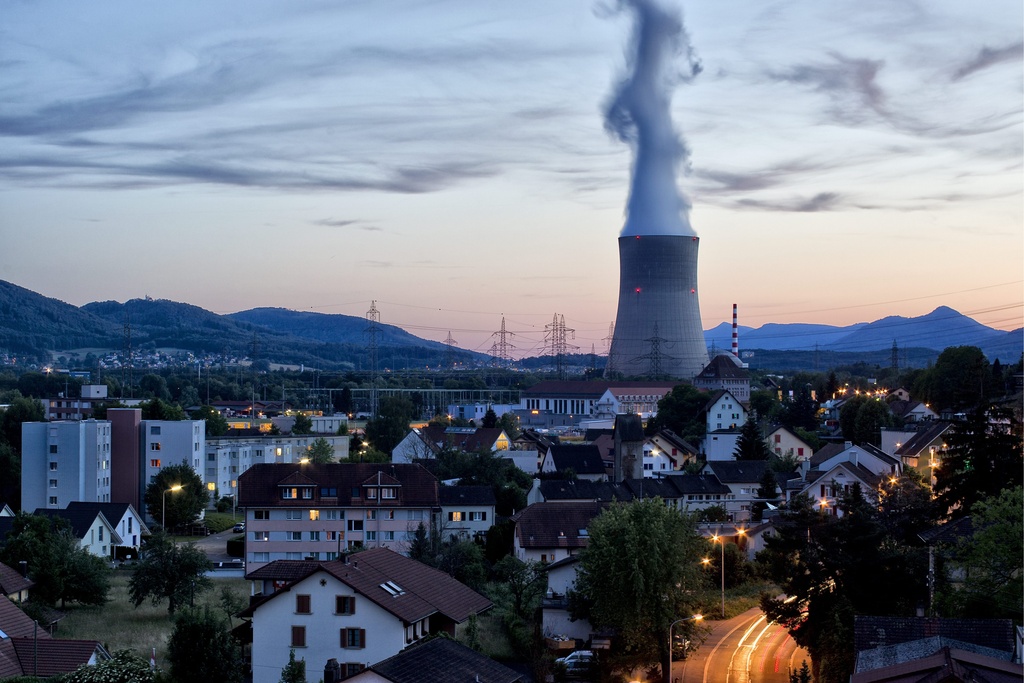
Experts have found no evidence of an increased risk of cancer in children born near nuclear power and research reactors in Switzerland but questions remain.
Critics say the amount of data is insufficient and they challenge the independence of some of the scientists involved. The authors of the study, which was co-financed by the energy industry, have rejected the allegations but they acknowledge statistical uncertainty.
“The risk of childhood cancer in the vicinity of Swiss nuclear power plants is similar to that observed in children living further afield,” says Matthias Egger, head of the Institute of Social and Preventive Medicine at Bern University which carried out the comparative study in cooperation with other institutions.
The Federal Health Office and the Cancer League commissioned the report three years ago following a case-control study from Germany, which had found that the risk of leukaemia in small children who live near a nuclear power plant is more than double that of children living farther away.
Presenting the findings of the Swiss study on Tuesday, Egger as well as Claudia Kuehni of the Childhood Cancer Registry highlighted the scientific approach saying it left “little room for selection bias.”
Researchers examined the risk of leukaemia and other cancers in children close to nuclear power facilities. The study included all children born in Switzerland between 1985 to 2009, who were monitored for the first 15 years of their lives: more than 1.3 million children and a total of over 21 million person-years of observations.
Piece in puzzle
The data was based on nationwide censuses and recorded cancer cases. Linking the statistics with geo-coded information on the place of residence at birth, the researchers then divided Switzerland up into four risk zones depending on their closeness to a nuclear installation.
“We applied meticulous standards to avoid distorting the result,” said Kuehni.
However she declined to make explicit comparisons between the Swiss and the German studies.
“It is a piece of a puzzle. We provide information to an international scientific community,” she said.
However, she added that the result of the 2007 study in Germany was exceptional, while the Swiss findings are similar to those from other countries.
Reservations
Claudio Knüsli from the organisation Physicians for Social Responsibility, says the report raises a number of critical questions.
“The results of the study are only valid to a limited extent. The amount of data is insufficient and the statistical validity is below the internationally required level,” says the Basel-based medical doctor and cancer specialist.
Knüsli points out apparent inconsistencies in the presentation of the findings and has reservations about the independence of some of the experts.
He is wary of the co-funding of the study through two Swiss major power companies.
“A certain mistrust is appropriate in cases where a party directly concerned helps finance a study,” Knüsli told swissinfo.ch.
The study cost SFr820,000 ($982,000) – with the Axpo and BKW/FMH power companies contributing more than 20 per cent.
No influence
The authors of the study and those who commissioned it have rejected the allegations.
“We looked closely at the statistical validity of the study,” counters Egger who insists that the results of the German study cannot be compared with those from Switzerland.
Werner Zeller of the Federal Health Office for his part stresses that the power companies at no point tried to influence the outcome of the research.
The researchers of Bern University did not receive any funds from the firms, the money was paid into an escrow account, Zeller adds.
“We are relieved to see the outcome of the study. But we have to remain vigilant for the future,” Zeller said.
Switzerland has five nuclear power reactors and about one per cent of the population – 75,000 people – live within five kilometres of such a nuclear facility. Some ten per cent live within 15 kilometres, according to official data.
The study is based on data on children born between 1985 and 2009 in Switzerland. Researchers compared the lifetime history of children who developed cancer and all other children nationwide.
In total 2,925 children from that age group were diagnosed with cancer, including 953 leukemia cases.
The study – the first of its kind in Switzerland – was co-funded by the Swiss Cancer League, the Federal Health Office and the electric power industry.
Launched in 2008, it cost about SFr820,000 and was commissioned by the Health Office and the Swiss Cancer League.
The findings of the study are published in the International Journal of Epidemiology.
Switzerland has five nuclear power reactors and four nuclear power research reactors as well as a intermediate storage facility.
Swiss voters in 1990 approved a ten-year moratorium on new nuclear facilities, attempts to extend it were rejected.
Plans by the nuclear power industry to build new plants suffered a serious setback in March 2011 following a nuclear disaster at Fukushima, Japan.
The Swiss government said it wants to decommission the five power plants by 2034.
Parliament has begun discussions on a nuclear opt-out, but voters are most likely to have the final say on the proposal within the next five years.

In compliance with the JTI standards
More: SWI swissinfo.ch certified by the Journalism Trust Initiative

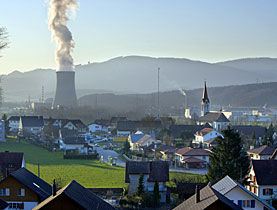
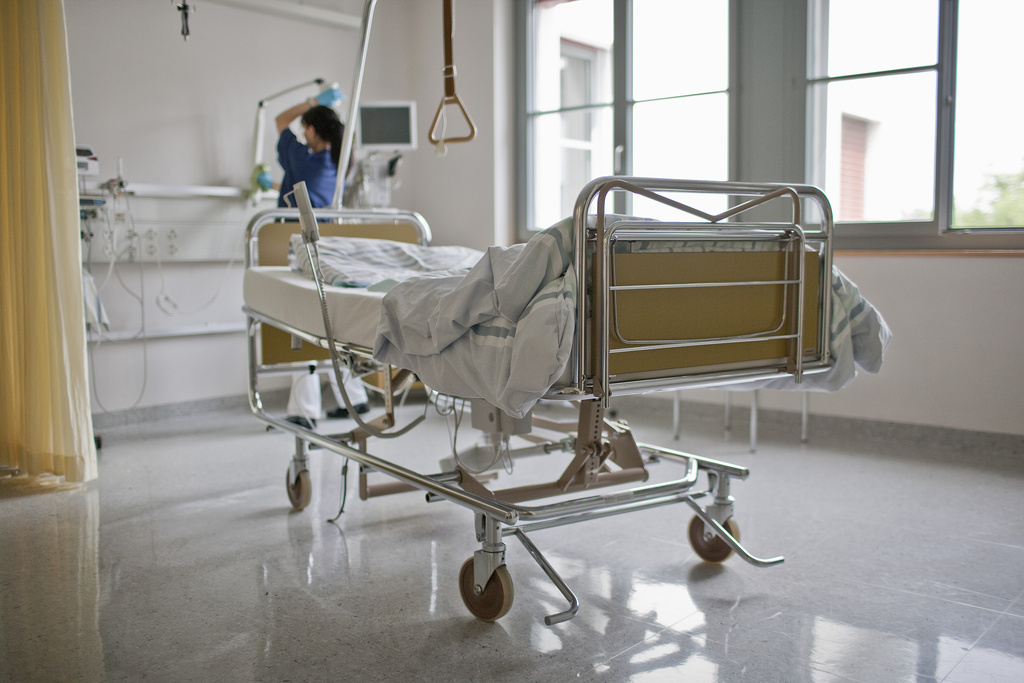
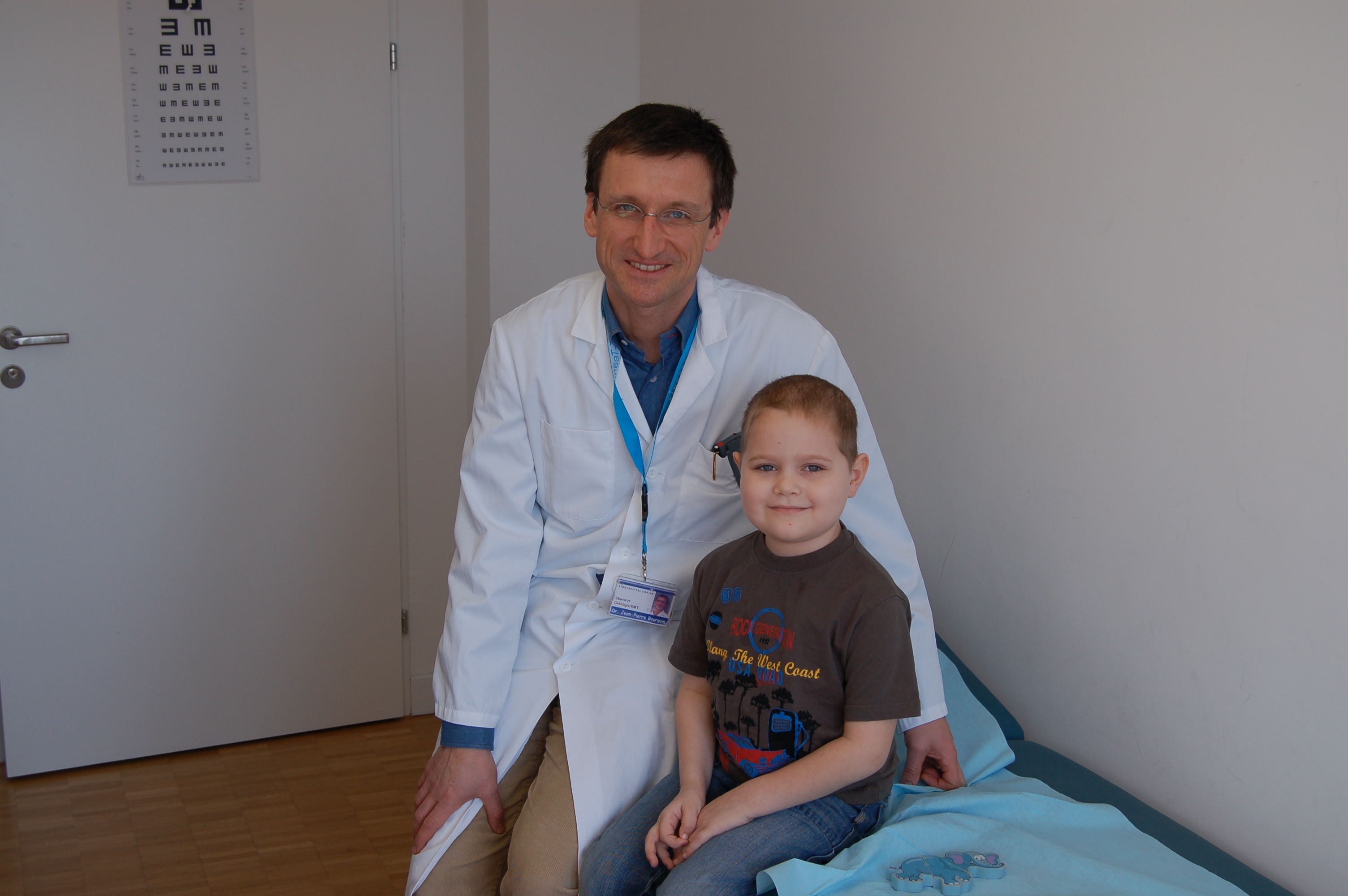
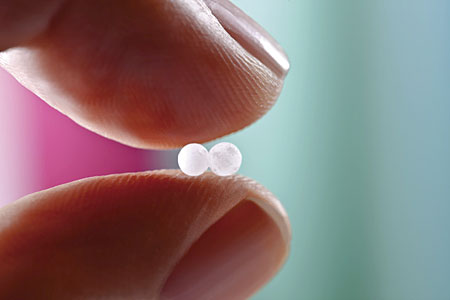
You can find an overview of ongoing debates with our journalists here. Please join us!
If you want to start a conversation about a topic raised in this article or want to report factual errors, email us at english@swissinfo.ch.